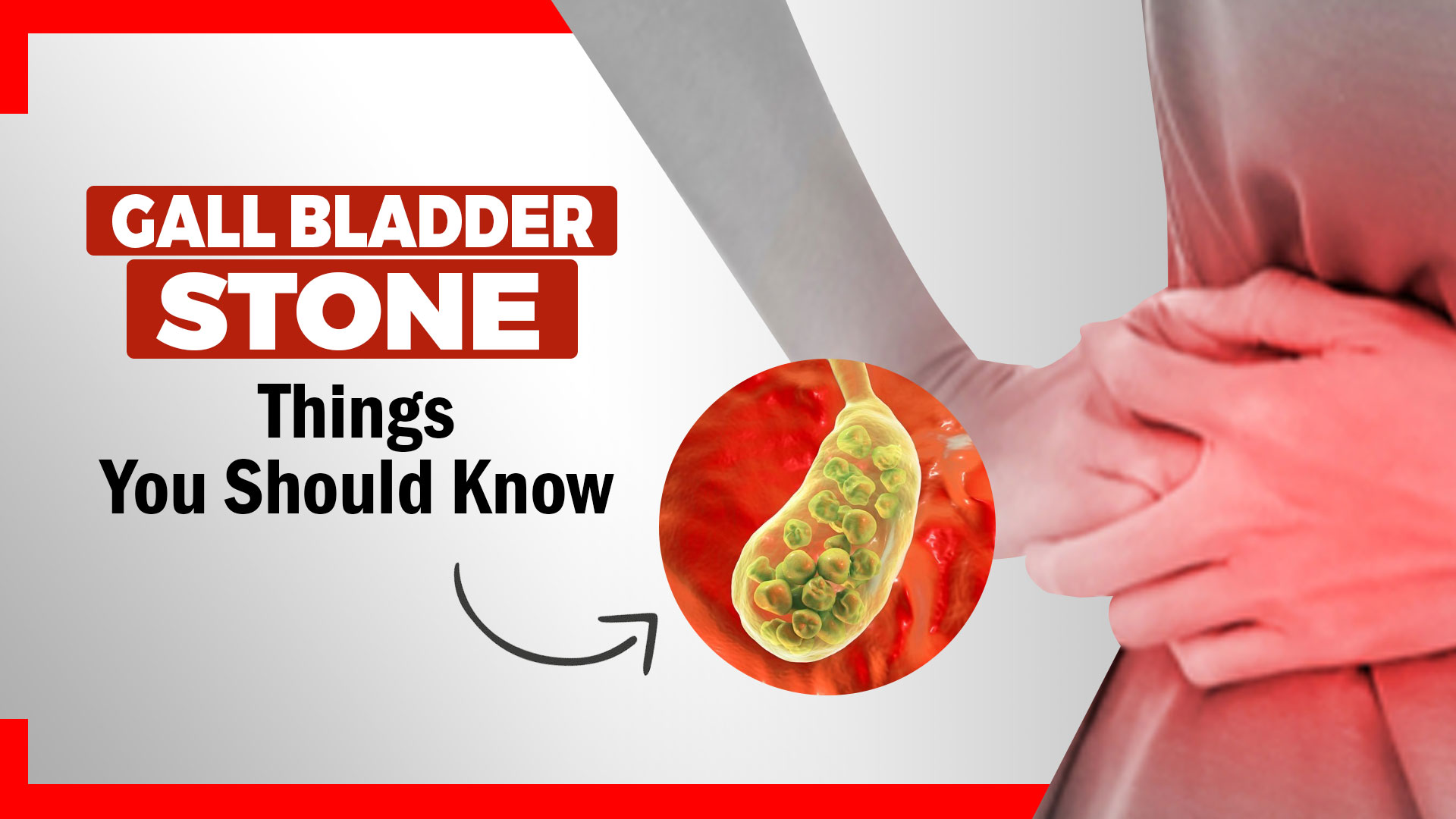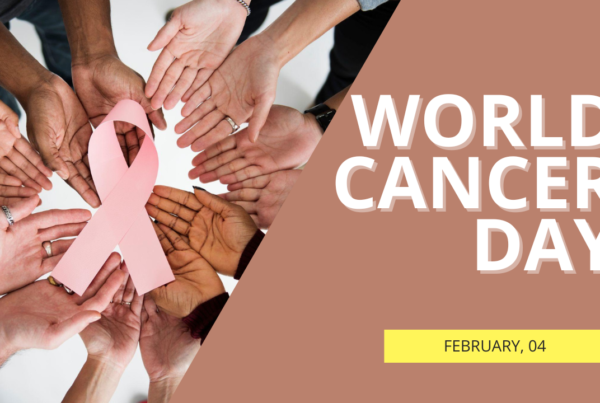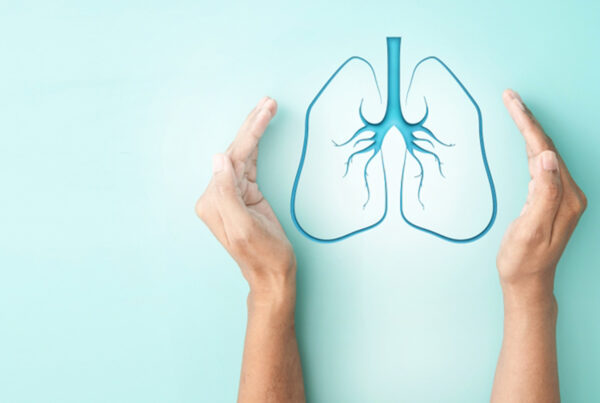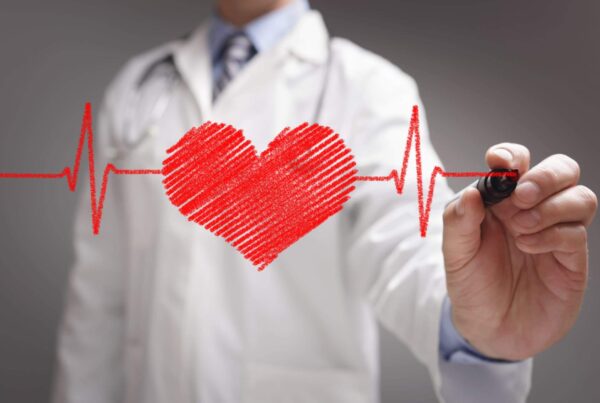Gall bladder stone
Gall bladder stones are hard, pebble-like fragments that develop in the gall bladder (a small organ under the liver) and are mainly caused by excess bilirubin, cholesterol, or other bile salts. Gallstones are solid deposits that get accumulated within the gall bladder when there is a chemical imbalance in the digestive fluid bile. They may be of very small size e.g the size of a sand grain or big like a ball. The condition of getting gallstones is called cholelithiasis.
Symptoms
- Vomiting
- Pain in your back or right shoulder
- Indigestion
- Heartburn
- Gas
- Upset stomach
- Nausea
- Sudden pain in the upper right side of the abdomen
- Fever and chills
- Dark colored urine
- Yellow color skin or eyes
- Light colored poop
- Flatulence
- Sweating
Causes
- Bile duct infection
- Inflammation in the gallbladder
- Polyps
- Cancer
- Bile contains too much cholesterol
- Bile containing excessive bilirubin
- It doesn’t get empty correctly
Types of gallstones
- Cholesterol gallstones- It is the most common type and appears to be yellow in color. They are formed from undissolved cholesterol.
- Pigment gallstones- They are black or dark brown colored stones, formed from bile containing excessive bilirubin.
Who is prone to it?
- They call it female, fatty, and 40 who are more prone to it worldwide.
- Having diabetes
- Eating high cholesterol diet
- Being pregnant
- Eating a high-fat diet
- Already having some liver diseases
- Taking some medications
- Losing weight very quickly
- Obesity
- Family history of gallstones
- Having certain blood-related disorders like leukemia etc.
Prevention
- Lose weight gradually
- Never skip meals
- Maintain a balanced weight
- Eat more fiber food
Treatment
Home remedies
- Green tea- protect against the formation of stones.
- Flush- It includes olive oil, some herbs, and fruit juice for 2 to 5 days.
- Turmeric- Turmeric is believed to stimulate the formation of bile and empty the gallbladder.
Surgery
In advanced stages, surgery is the only way to treat it. It is also done via laparoscopy removal of the gallbladder known as laparoscopic cholecystectomy.
References:
https://www.mayoclinic.org/diseases-conditions/gallstones/symptoms-causes/syc-20354214
https://www.webmd.com/digestive-disorders/gallstones




